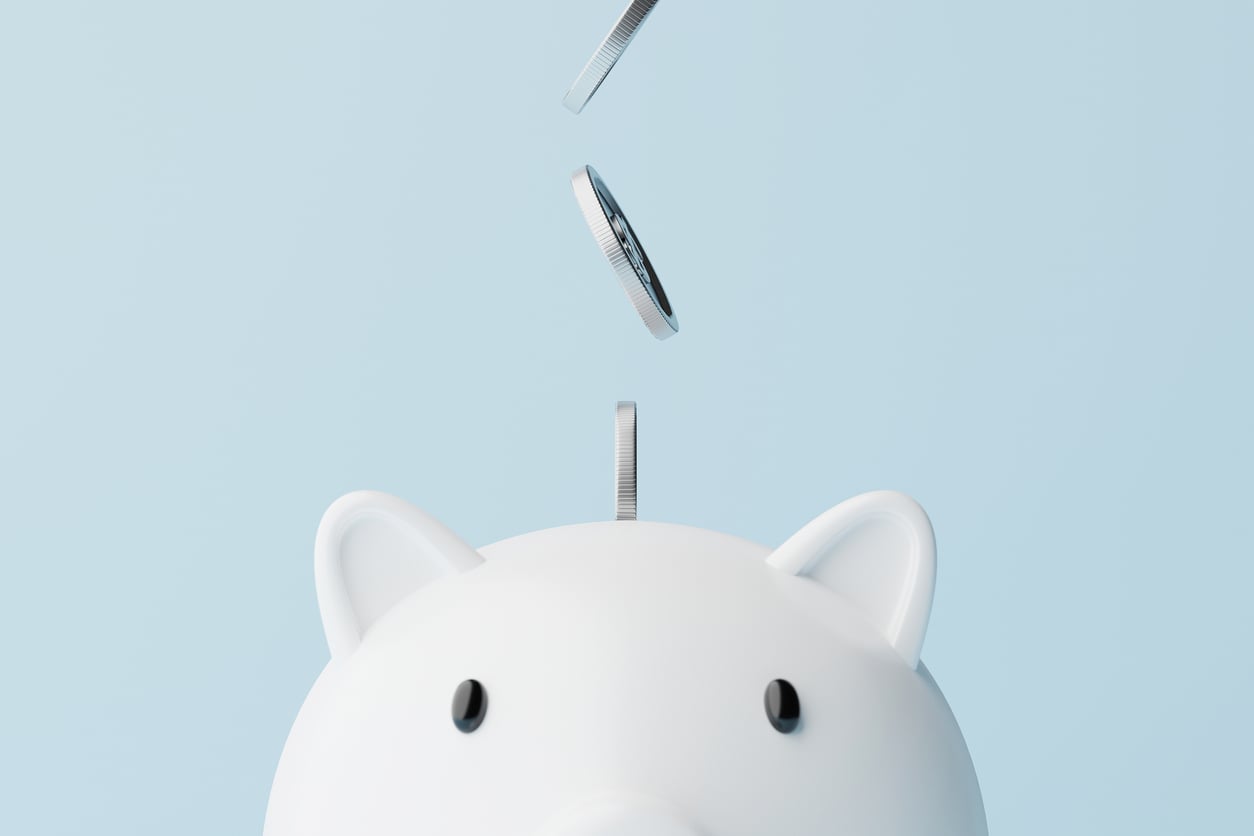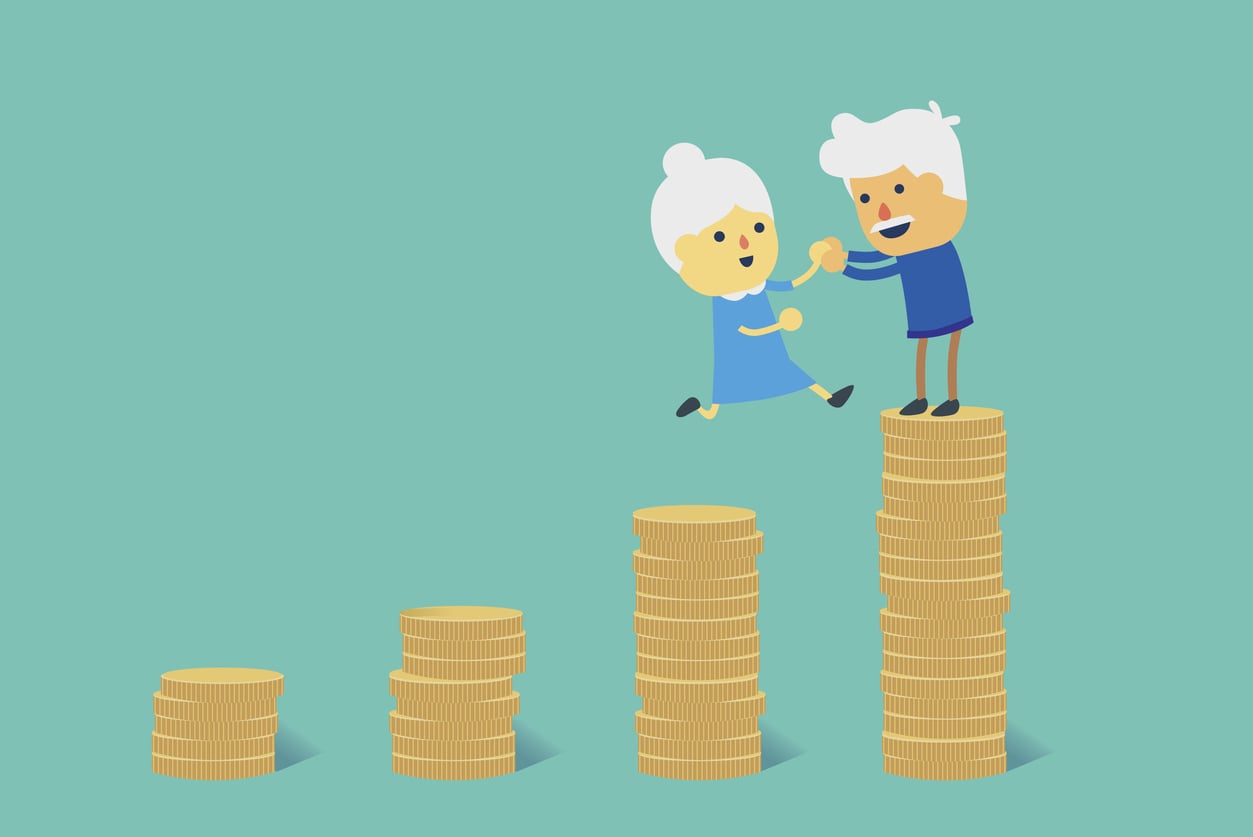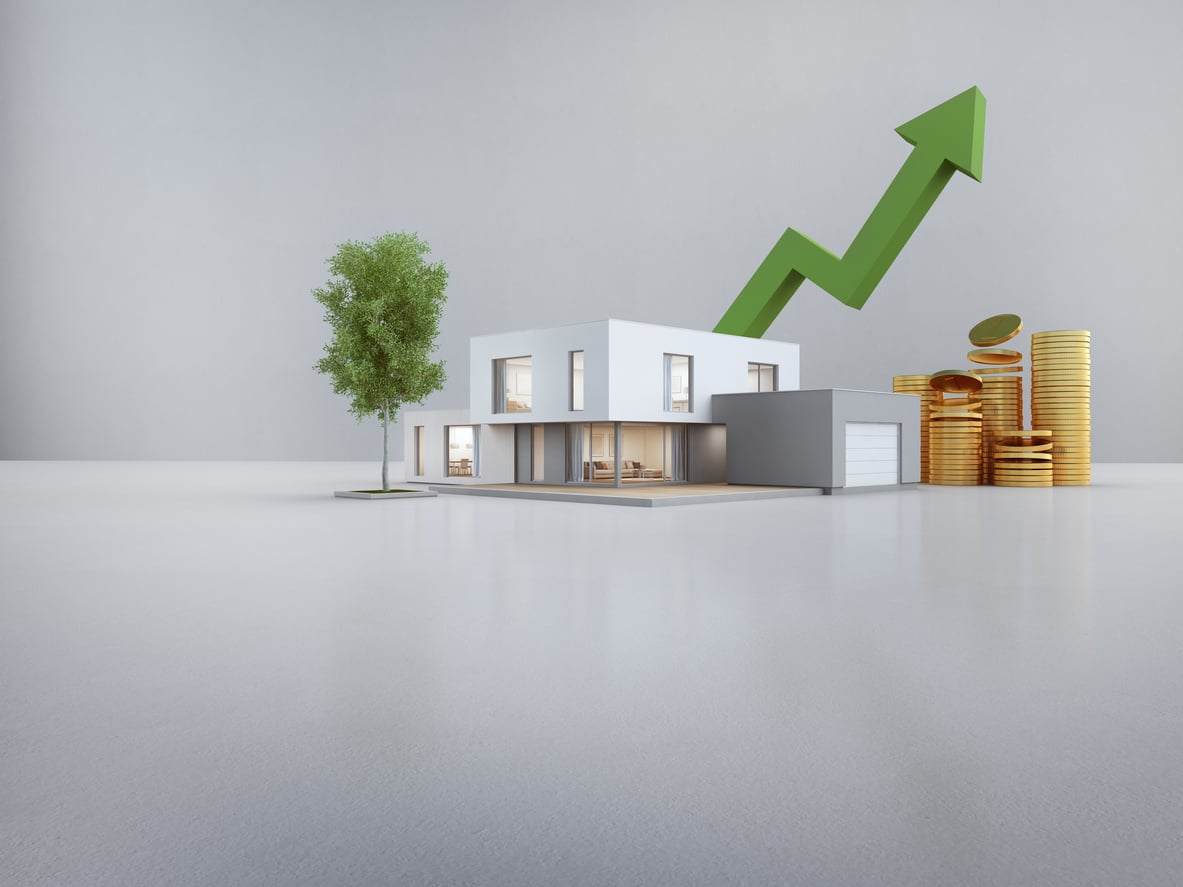The Beginner's Guide To Buying a House

Are you thinking of buying a house? If so, you're in for a lot of fun! Buying a house is one of the biggest decisions that you will make in your life, and it's important to do your research beforehand. In this blog post, we will provide you with a beginner's guide to buying a house. We'll go over the process step-by-step and answer some common questions that first-time home buyers have. So whether you're just starting to think about buying a house or are already in the process, this blog post is for you!
Think About Your Needs and Wants
It's essential to think long and hard about your needs and wants before you buy a house. A home is a huge investment, both financially and emotionally, so it's important that you're absolutely certain you're ready for the commitment. Take the time to sit down and make a list of everything you need in a home, as well as any must-have features. Once you have your list, start to narrow it down by price, location, and other factors. It's also important to be realistic about what you can afford, both in terms of the purchase price and the ongoing costs of ownership. Keep in mind that your needs may change over time, so it's important to choose a home that can accommodate those changes. With careful planning and consideration, you can find the perfect home to meet your needs and wants.
Calculate How Much House You Can Afford
Owning a home is one of the biggest financial commitments you can make, so it's important to know how much you can afford before you start shopping. There are a number of online calculators that can help you estimate your monthly mortgage payments, based on your income, debts, and other factors. You'll also need to factor in closing costs, which can range from 2% to 5% of the purchase price of the home. Once you have a good sense of what you can afford, you'll be in a better position to shop for homes that fit your budget. Keep in mind that your monthly payments will likely change over time, as interest rates and other factors fluctuate. So, it's important to re-evaluate your budget on a regular basis to make sure you're still on track. By taking the time to calculate how much house you can afford before you start shopping, you'll be in a much better position to find the perfect home for you and your family.
Save Up for a Down Payment
Before you start shopping for a new home, it's important to have a realistic idea of how much you can afford. One way to do this is to calculate your debt-to-income ratio, which is the percentage of your monthly income that goes towards paying down debts. If your debt-to-income ratio is too high, you may have difficulty taking on a mortgage. Another important factor to consider is the size of your down payment. Traditionally, lenders require a down payment of 20% of the purchase price of a home. However, there are now a number of programs available that allow buyers to put down as little as 3%. While a small down payment can help you get into a home sooner, it also means that you'll have less equity in the property. As a result, it's important to save up for a down payment before buying a house. Doing so will help you to get the best possible terms on your mortgage and protect your investment in the long run.
Shop Around for Lenders
Before you start shopping for a house, it's important to shop around for lenders. This way, you can compare interest rates, fees, and loan terms to find the best possible deal. Not all lenders are created equal, so it's important to take the time to find one that meets your needs. There are a few things you should keep in mind when you're shopping for a lender. First, make sure you understand the different types of loans available. There are fixed-rate loans, adjustable-rate loans, and government-backed loans, among others. Each type of loan has its own set of pros and cons, so it's important to pick the right one for your situation. Second, think about how much money you'll need to borrow. This will determine the size of the loan you'll need to take out. Third, consider the interest rate. The lower the interest rate, the less money you'll have to pay back over time. Finally, ask about any fees associated with taking out a loan. These can include origination fees, appraisal fees, and closing costs. By shopping around for lenders before you buy a house, you can save yourself a lot of money in the long run.
Prepare for Unexpected Expenses
When buying a house, it's important to be prepared for unexpected expenses. Even if you've saved up for a down payment and have been approved for a mortgage, there are still other costs to consider. For example, you may need to pay for repairs or renovations, especially if you're buying an older home. Additionally, your monthly mortgage payments may be higher than you anticipated, due to interest rates. As a result, it's important to have a financial cushion in place to cover any unexpected costs. By doing so, you can avoid financial stress and ensure that you're able to comfortably afford your new home.
Consider What Kind of Mortgage Is Right For You
Before you buy a house, it's important to consider what kind of mortgage is right for you. There are fixed-rate mortgages and adjustable-rate mortgages, and each has its own pros and cons. With a fixed-rate mortgage, your interest rate will stay the same for the life of the loan, so your monthly payments will be predictable. However, if interest rates rise in the future, you'll be stuck with a higher rate than if you had an adjustable-rate mortgage. With an adjustable-rate mortgage, your interest rate may go up or down over time, depending on market conditions. This can make your monthly payments more unpredictable, but it also means that you could get a lower rate if interest rates fall in the future. Ultimately, the best type of mortgage for you will depend on your financial situation and your plans for the future. Talk to a financial advisor to learn more about your options.
Get Pre-Approved
There are many benefits to getting pre-approved for a mortgage before you start shopping for a home. For one thing, it will give you a better idea of how much house you can afford. Pre-approval is based on your financial history and credit score, so it's a more accurate estimate than simply looking at your current income and debts. This will help you narrow your search to homes that are realistically within your budget. Getting pre-approved will also give you a leg up when it comes time to negotiate with sellers. You'll be able to show them that you're a serious buyer who is already approved for financing, which could give you an advantage over other potential buyers. Finally, having a pre-approval letter in hand will make the entire home-buying process go more smoothly. So if you're thinking of buying a house, be sure to get pre-approved first.



